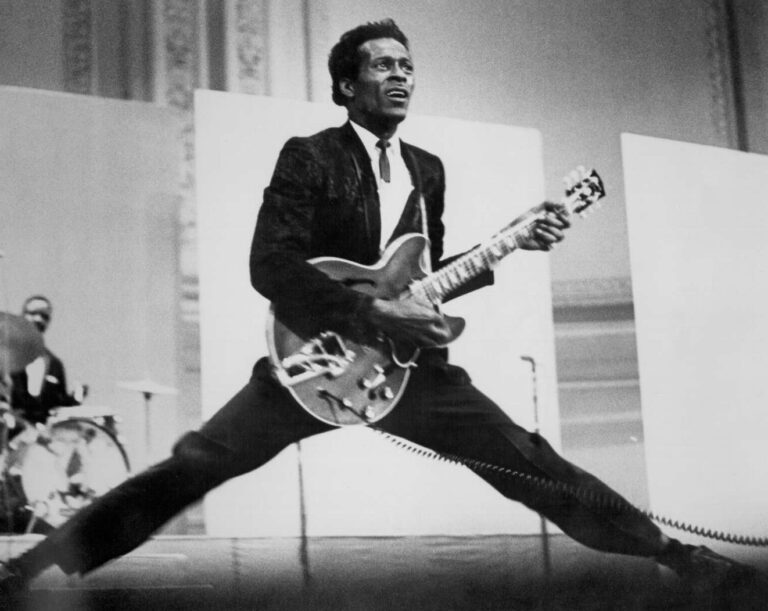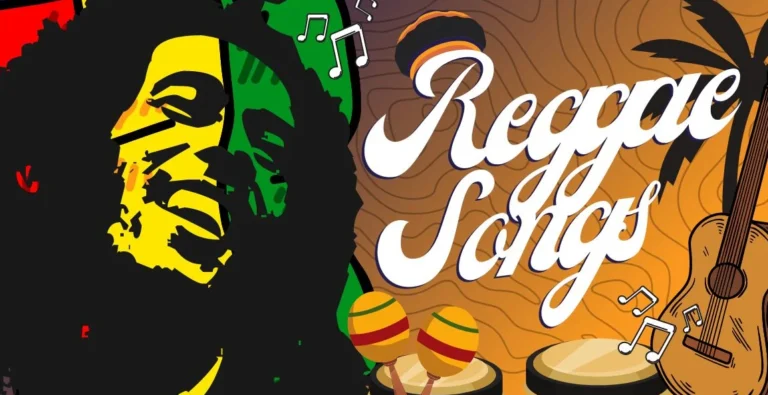Exploring the origins and evolution of jazz music
Welcome to the world of jazz music! This genre has been captivating audiences for over a century with its rich history and unique sound. From its humble beginnings in New Orleans, Louisiana, to becoming a worldwide phenomenon, jazz music has evolved and changed throughout the years. In this blog post, we will explore the origins of jazz music, how it has evolved over time, some famous musicians who have contributed to its legacy, and where jazz stands today. So sit back and get ready to immerse yourself in the fascinating world of jazz music!
What is jazz music?
Jazz music is a genre of music that has its roots in African American communities in the late 19th and early 20th century. Jazz is characterized by improvisation, syncopated rhythms, and a distinct swing feel. It draws heavily from blues and ragtime music.
One of the unique features of jazz music is its emphasis on individual expression and creativity. The use of improvisation allows each musician to put their own spin on a song, making every performance one-of-a-kind.
Another defining characteristic of jazz is its ability to adapt and evolve with changing times. Over the years, jazz has incorporated elements from other genres like rock, pop, and hip hop while still maintaining its unique sound.
Jazz also played an important role in breaking down racial barriers during segregation in America. Many famous jazz musicians like Louis Armstrong and Duke Ellington were able to achieve international fame despite facing discrimination at home.
Jazz music represents not only a genre but also a cultural movement that continues to fascinate audiences around the world with its rich history and dynamic sound.
The origins of jazz music
Jazz music is considered one of the most significant musical genres in American history. It originated from a blend of African-American and European music traditions, with its roots tracing back to the late 19th century. The origins of jazz music can be attributed to New Orleans, Louisiana – where various cultural influences blended together to create a unique sound that would eventually spread across America.
The city’s vibrant nightlife helped foster an environment for musicians to experiment and fuse different styles together. Jazz was born out of this experimentation and brought about new sounds that challenged traditional musical norms.
One significant factor in the development of jazz was the influence of African rhythms and improvisation techniques on Western classical music. This mixture gave rise to syncopated rhythms, blue notes, call-and-response patterns, and other hallmarks associated with early jazz.
Another major contributing factor was the social context surrounding jazz musicians during its inception period. Many early jazz performers were Black Americans who faced discrimination and segregation at every turn. Despite these challenges, they persevered by creating their own culture through their music – which became known as “jazz.”
The origins of jazz are complex yet fascinating – it emerged out of a mix of cultures and experiences that defined an era in American history where creativity thrived despite adversity. Today we continue to celebrate this unique art form as it continues evolving into something new yet still rooted in tradition.
The evolution of jazz music
Jazz music has come a long way since its inception in the late 19th century. The evolution of jazz is marked by significant changes in instrumentation, structure, and style. Initially, jazz was heavily influenced by African rhythms and European classical music. Over time, it grew to include various elements such as blues, swing, bebop, fusion and more.
In the early years of jazz music’s development, improvisation played a vital role in shaping its sound. Jazz musicians would often use their musical intuition to create new melodies on the spot during live performances. This approach became an essential part of jazz composition that still exists today.
One key moment in the evolution of jazz was when bebop emerged in the 1940s. Bebop represented a shift from the danceable big band sound of swing towards a more complex style that emphasized fast tempos and intricate melodies. This movement paved the way for future sub-genres like cool jazz and hard bop.
As technology advanced and recording techniques improved over time, artists were able to experiment with new sounds and styles that were previously impossible to achieve. Fusion emerged during this era which blended traditional jazz with contemporary rock rhythms resulting in unique combinations that challenged traditional notions about what constituted “jazz”.
Today’s Jazz scene continues to evolve as young musicians take inspiration from other genres such as hip hop or electronic dance music (EDM). These influences have created new sub-genres like nu-jazz or electro-swing which demonstrate how varied Jazz can be even after all these years!
Jazz musicians
Jazz musicians are some of the most talented and creative individuals in the music industry. They have a unique ability to express themselves through their instruments, creating beautiful melodies that captivate audiences around the world.
From Louis Armstrong to Miles Davis, jazz musicians have been at the forefront of music innovation for decades. Each musician brings their own style and flair to jazz music, making it a constantly evolving art form.
One thing that sets jazz musicians apart from other artists is their ability to improvise. Improvisation is an essential part of jazz music, allowing musicians to create something new and exciting every time they perform.
In addition to being incredibly skilled on their instruments, many jazz musicians also possess powerful voices. Ella Fitzgerald, Billie Holiday, and Sarah Vaughan are just a few examples of legendary female vocalists who helped shape the genre.
There’s no denying that Jazz wouldn’t be what it is today without these brilliant musical minds pushing boundaries and exploring new ways of expression through sound.
Jazz music today
Jazz music has come a long way since its humble beginnings in New Orleans. Today, jazz is enjoyed around the world and continues to evolve with each passing year. Many talented musicians have made their mark on the genre, from early pioneers like Louis Armstrong and Duke Ellington to modern-day artists like Kamasi Washington and Esperanza Spalding.
Despite facing challenges over the years, including competition from other genres and changes in popular culture, jazz remains an important art form that reflects both the past and present. Its ability to blend different styles of music into something unique makes it a truly special genre that will continue to captivate audiences for generations to come.
Whether you’re a lifelong fan or new to jazz, there’s never been a better time than now to explore this fascinating musical style. From classic recordings by legendary musicians to contemporary albums by up-and-coming artists, there’s no shortage of great music waiting for you to discover. So why not start your own journey today? Who knows where it might take you!






